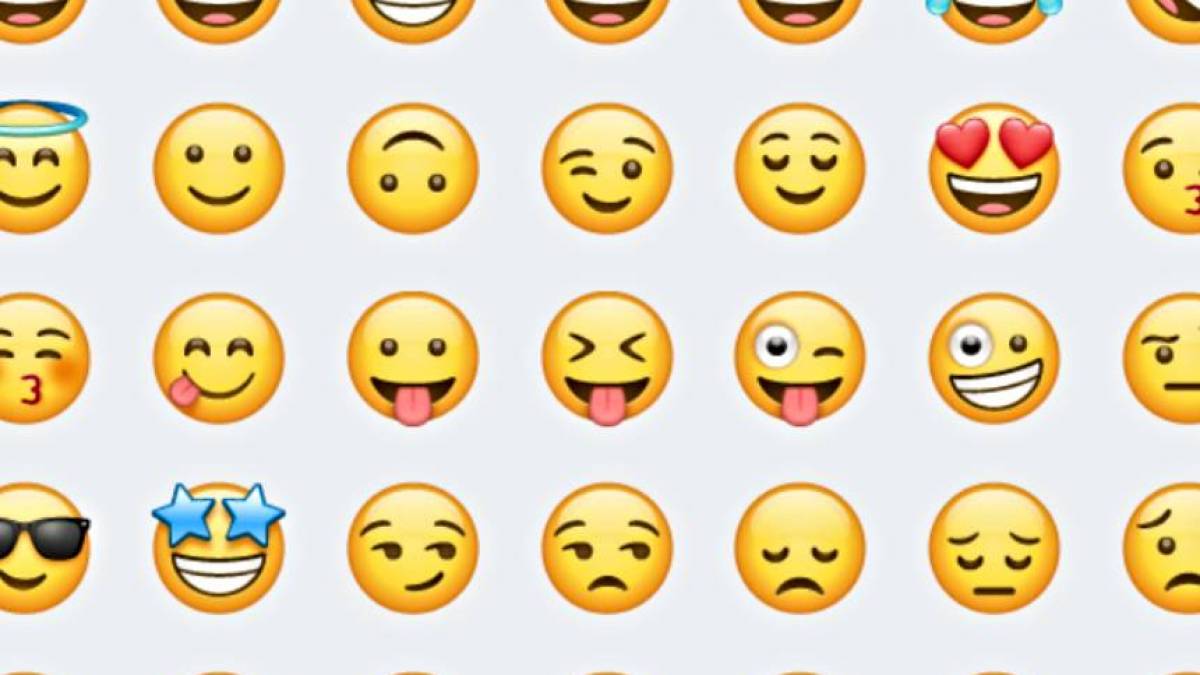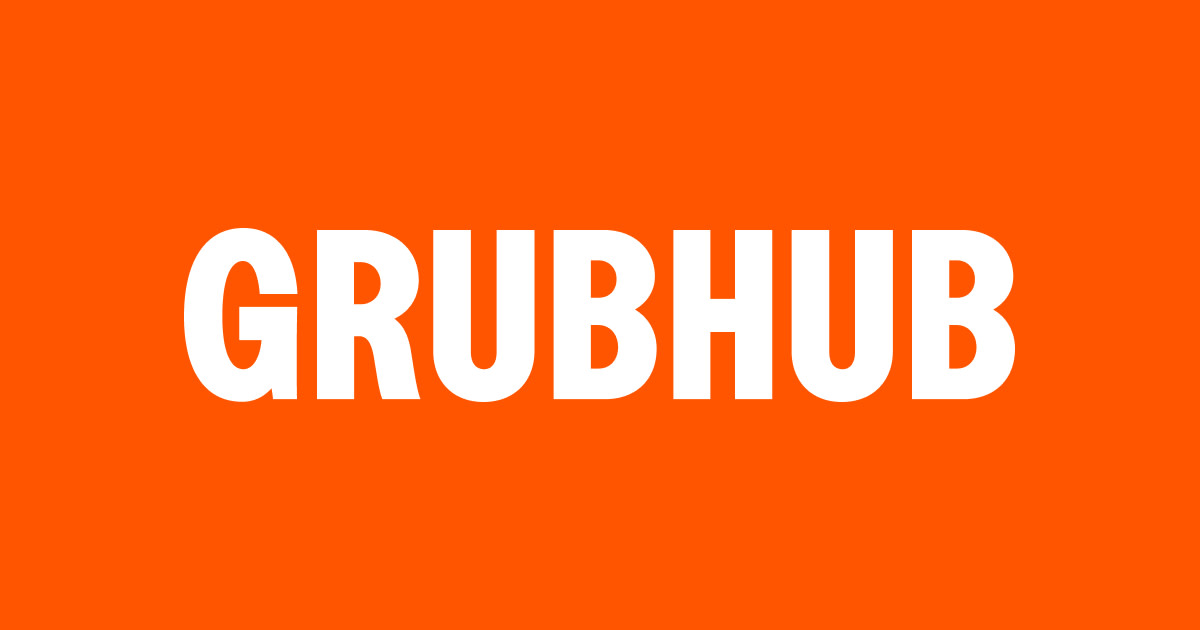Page Howe was mentioned in an article on ieee.org. The article took a look at emoji domains and why they do or don’t make sense.
Page has been outspoken about his belief in emoji domains and gets a couple paragraphs.
From the article:
People like Page Howe, a domain and digital asset investor, are bullish on URL emojis. “If I said to you, ‘you can be the teddy bear emoji dot double-u ess,’ it’s almost longer for me to say it and it takes seven words to say it,” says Howe. He has sold domain names like Seniors.com and Guy.com for millions of dollars.
Howe’s company owns around 450 emoji domain names. The most expensive is ?.ws (aka Smiling Face With Smiling Eyes, or Blush Emoji), which goes for US$9,500 and the cheapest is ?️?️?️ (aka Triple Snow Emoji) which goes for US$95.
Another site for emoji domain name sellers, Efty, has users selling emoji domain names for $59,000.
“I think [interest in emoji domains] has diminished in the sense that the reality for people is that this is new and most people are hesitant when they run into the first pain point of not being able to speak an emoji domain name,” Howe says.
Speaking of inconvenience, these characters also aren’t always fully compatible with screen readers, an assistive technology for people who are blind or visually impaired. Although they can be read by Non-Visual Desktop Access, an open-source screen reader for Windows, as well as the built-in Apple screen reader, the built-in screen readers for iPhone and Android won’t read out the emoji’s meaning. So, “I ❤️you” will be read as “I red heart you,” on iPhone, and “I heart you” on Android, rather than “I love you.”






















